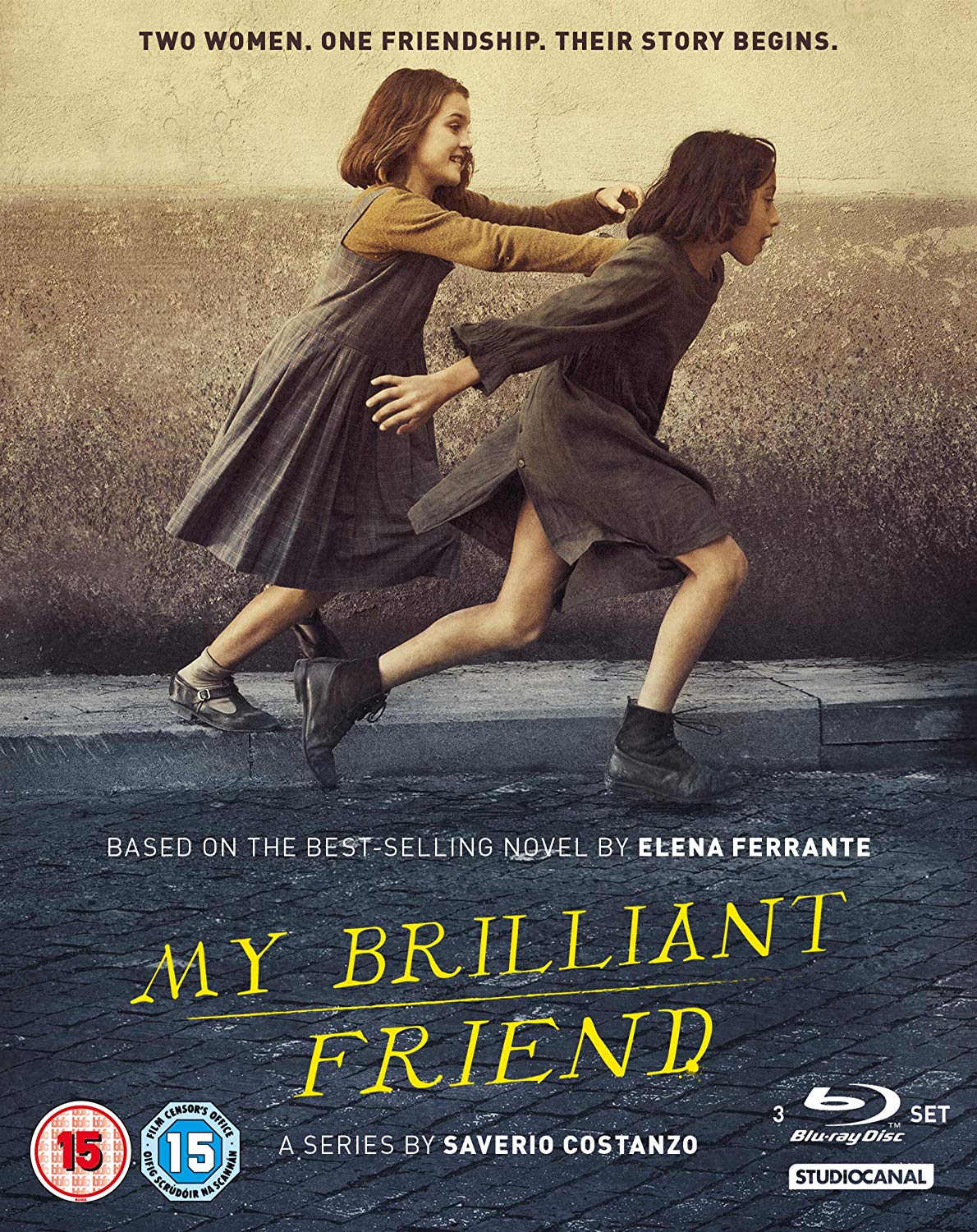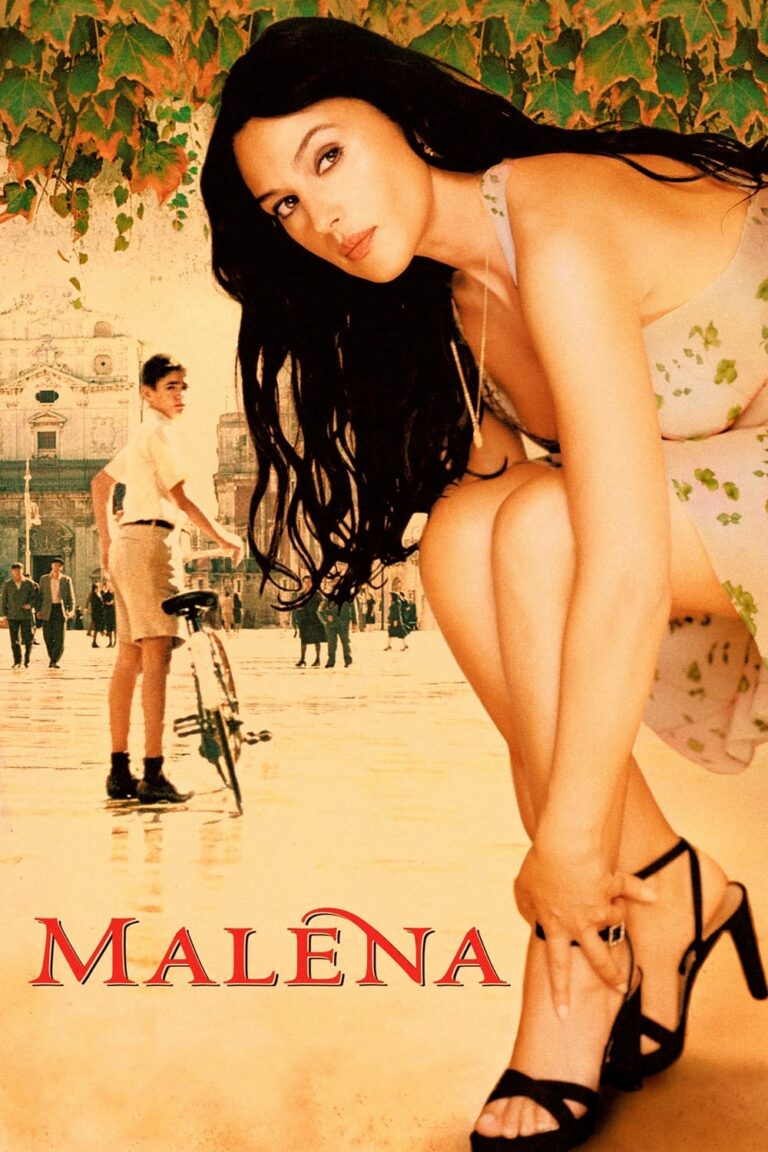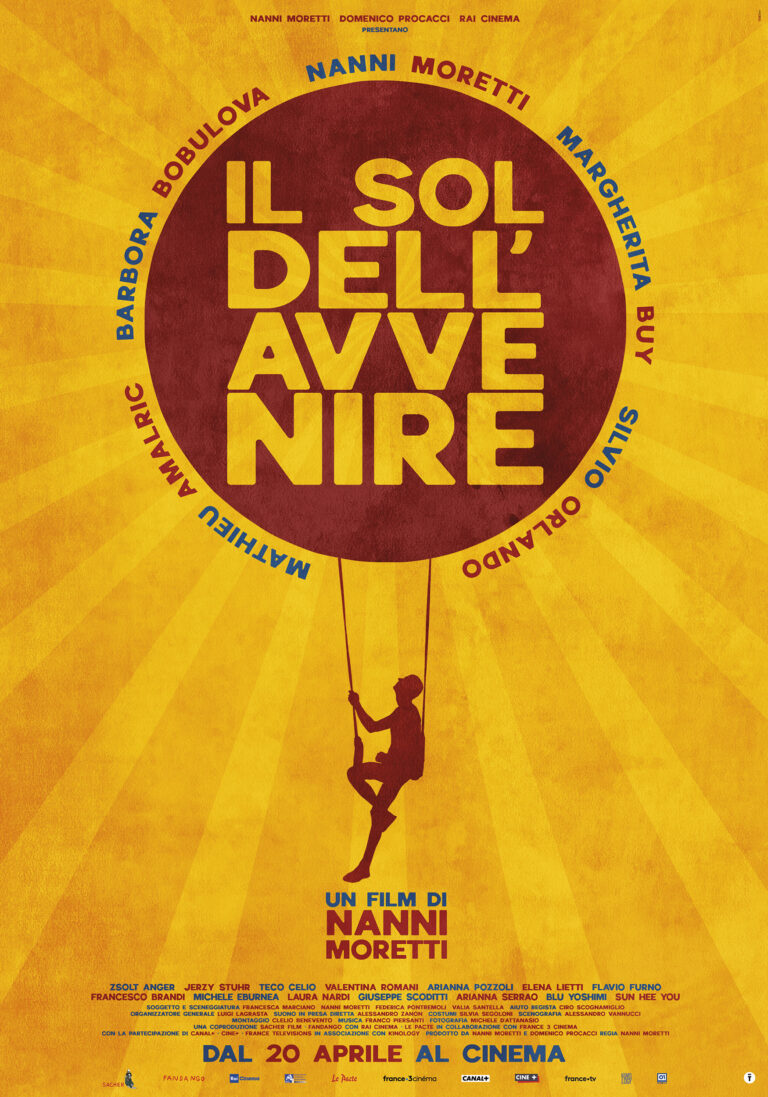
My Brilliant Friend (L’amica geniale), the critically acclaimed Italian television series, is a visually and emotionally rich adaptation of Elena Ferrante’s internationally best-selling Neapolitan Novels. Created by Saverio Costanzo, the series premiered in 2018 and has captivated audiences worldwide with its intimate portrayal of friendship, love, class struggle, and the evolving role of women in mid-20th-century Italy.
Co-produced by HBO, RAI, and TIMvision, My Brilliant Friend combines meticulous storytelling, stellar performances, and evocative cinematography to bring Ferrante’s complex narrative to life. This article explores the plot, themes, characters, production, and legacy of My Brilliant Friend, delving into why it stands as one of the finest literary adaptations in modern television.
Plot Summary: The Bond Between Two Friends
Set in Naples, Italy, the story spans six decades and revolves around the lifelong friendship of Elena “Lenù” Greco and Raffaella “Lila” Cerullo. The series begins in the 1950s, in a poor but vibrant neighborhood where the girls grow up. Despite their vastly different personalities and life paths, their bond is characterized by mutual admiration, jealousy, and deep emotional connection.
Season 1: Childhood and Adolescence
The first season introduces Elena and Lila as children navigating the social and economic hardships of their neighborhood. Lila is precocious, fearless, and intellectually gifted, while Elena is studious, reserved, and eager to escape the confines of her environment.
- Lila, despite her brilliance, is forced to leave school early to work in her family’s shoemaking business, while Elena continues her education.
- The season ends with Lila’s marriage to Stefano Carracci, a wealthy but abusive grocer, in a wedding that underscores the sacrifices she must make to gain social mobility.
Season 2: Adolescence and Ambition (The Story of a New Name)
This season delves into the struggles of adulthood. Lila endures a tumultuous marriage, while Elena flourishes academically, eventually attending university. The rift between their lives deepens, but their bond remains resilient.
- Lila’s rebellion against her oppressive husband and her affair with Nino Sarratore, Elena’s intellectual crush, complicates their dynamic.
- Elena publishes her first novel, signaling her rise in intellectual circles while highlighting the widening gap between her and Lila.
Season 3: Dreams and Disillusionment (Those Who Leave and Those Who Stay)
This season explores the challenges of adulthood, as both women grapple with societal expectations and personal desires.
- Elena marries Pietro Airota, a reserved intellectual, and struggles to balance motherhood with her writing career.
- Lila works tirelessly in a sausage factory under grueling conditions but becomes politically active, highlighting her resilience and defiance.
Season 4: The Story of a Lost Child (Upcoming Season)
The fourth and final season, set to adapt the final novel, will likely explore themes of loss, reconciliation, and the enduring power of friendship as the series concludes the epic saga.
Themes: A Tapestry of Human Experience
1. Friendship and Rivalry
At the heart of My Brilliant Friend is the complex relationship between Elena and Lila. Their bond is a mix of love, jealousy, competition, and mutual dependence, reflecting the intricacies of female friendship.
2. Class and Social Mobility
The series paints a vivid portrait of post-war Naples, illustrating the struggles of the working class. Elena’s education and literary ambitions offer her a path out of poverty, while Lila’s life highlights the systemic barriers faced by women without similar opportunities.
3. Feminism and Gender Roles
Through the lives of its protagonists, the series examines the oppressive gender norms of the mid-20th century. Both Elena and Lila confront societal expectations that limit their freedom, offering a critique of patriarchy and a celebration of female agency.
4. The Power of Education
Education is a recurring motif, symbolizing liberation and self-discovery. While Elena pursues academic success, Lila’s unfulfilled intellectual potential serves as a poignant reminder of the transformative power of knowledge.
5. Identity and Self-Realization
The series delves into questions of identity, exploring how relationships, ambition, and societal pressures shape the characters’ sense of self. Elena’s struggle to define herself outside of her friendship with Lila underscores this theme.
Characters: Multifaceted and Profoundly Human
1. Elena “Lenù” Greco (Margherita Mazzucco/Elisa Del Genio)
Elena is the narrator and protagonist, whose journey from a timid, ambitious girl to a successful writer is central to the series. Margherita Mazzucco’s nuanced performance captures Elena’s internal conflicts, while Elisa Del Genio shines as the younger version of the character.
2. Raffaella “Lila” Cerullo (Gaia Girace/Ludovica Nasti)
Lila is bold, brilliant, and rebellious, embodying the raw potential and unfulfilled dreams of those trapped by poverty. Gaia Girace and Ludovica Nasti deliver electrifying performances, bringing depth and intensity to Lila’s character.
3. Stefano Carracci (Giovanni Amura)
Lila’s husband, Stefano, is a complex figure whose initial charm gives way to violence and control. His character reflects the toxic masculinity of the time.
4. Nino Sarratore (Francesco Serpico)
Nino, a charismatic intellectual and Elena’s love interest, plays a pivotal role in the women’s lives, embodying both inspiration and betrayal.
5. Pietro Airota (Matteo Cecchi)
Pietro, Elena’s husband, is a symbol of stability and privilege, but his emotional distance and rigid expectations create tension in their marriage.
Production: A Triumph of Authenticity and Artistry
1. Faithful Adaptation
Elena Ferrante was heavily involved in the adaptation process, ensuring that the series remained faithful to the novels. The dialogue, much of which is in Neapolitan dialect, adds authenticity and richness to the storytelling.
2. Cinematic Excellence
Cinematographer Fabio Cianchetti’s work captures the vibrant textures of Naples, from its sun-drenched streets to its shadowy interiors. The meticulous production design recreates the post-war era with stunning detail, immersing viewers in the characters’ world.
3. Direction and Writing
Saverio Costanzo’s direction balances intimacy and grandeur, staying true to Ferrante’s narrative voice. The writing team, including Ferrante herself, crafts scripts that resonate emotionally while maintaining the novels’ complexity.
Cultural and Global Impact
1. A New Era for Italian Television
My Brilliant Friend has been praised as a landmark achievement in Italian television, showcasing the industry’s ability to produce world-class content.
2. Global Acclaim
The series has received widespread critical acclaim, with praise for its performances, direction, and faithfulness to the source material. It has introduced Ferrante’s work to a broader audience, cementing her reputation as one of the greatest contemporary authors.
3. Empowering Female Narratives
By centering on the lives of two women, the series has been celebrated for its feminist perspective and its nuanced portrayal of female experiences.
Reception and Awards
My Brilliant Friend has earned numerous accolades, including:
- Nominations for international awards, such as the Golden Globes and BAFTAs.
- Critical acclaim, with high ratings on platforms like Rotten Tomatoes and Metacritic.
- Praise for its lead actors, particularly the younger performers, who have been lauded for their extraordinary talent.
FAQs
1. What is My Brilliant Friend about?
The series chronicles the lifelong friendship of Elena and Lila, exploring themes of love, class, ambition, and identity against the backdrop of post-war Naples.
2. Who created the series?
My Brilliant Friend was created by Saverio Costanzo, with significant input from author Elena Ferrante.
3. How many seasons are there?
As of now, three seasons have been released, with a fourth and final season in development to complete the adaptation of the Neapolitan Novels.
4. Where can I watch My Brilliant Friend?
The series is available on HBO and streaming platforms associated with the network.
5. What language is the series in?
The series is primarily in Italian, with extensive use of the Neapolitan dialect, adding to its authenticity.
Conclusion: A Masterpiece of Storytelling
My Brilliant Friend is more than just a television series—it is a profound exploration of friendship, identity, and the human condition. Through its richly drawn characters, stunning visuals, and emotionally resonant narrative, the series has carved a unique place in modern television, earning its status as a masterpiece.
Whether you are a fan of the Neapolitan Novels or new to Ferrante’s world, My Brilliant Friend offers an unforgettable journey into the heart of Italy’s cultural and emotional landscape.





